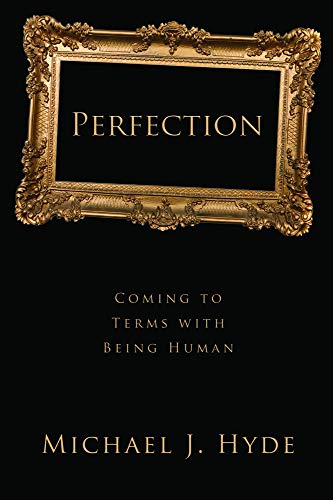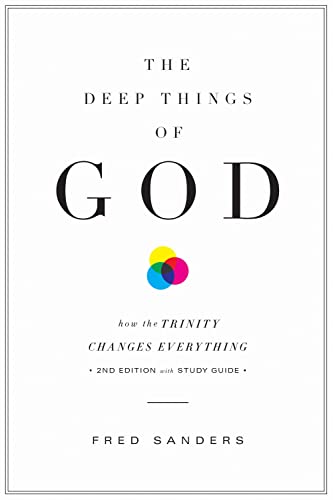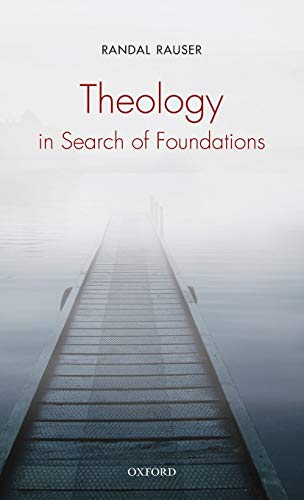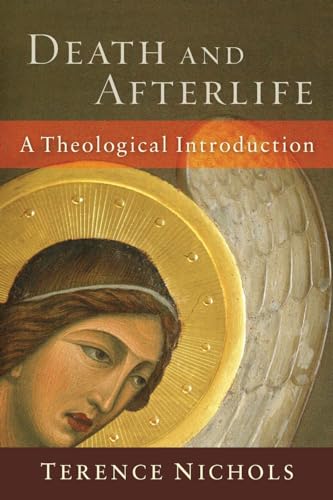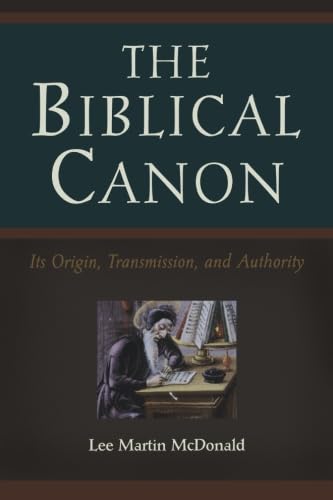Aquinas on Simplicity: An Investigation into the Foundations of His Philosophical Theology
Written by Peter Weigel Reviewed By James E. DolezalThe doctrine of divine simplicity (DDS) is arguably one of the most perplexing of all the classical doctrines of God. In sum, the doctrine teaches that God is not composed of parts and is identical with his existence and essence. If he were composed of parts, he would be dependent upon those parts for his very being, and thus the parts would be ontologically prior to God himself.
In Aquinas on Simplicity, Peter Weigel aims to elucidate Thomas Aquinas’s highly sophisticated version of the DDS. Many modern defenders of the doctrine (including many evangelicals) view it as “indispensible to any credible notion of God’s absolute perfection and transcendence” (p. 15). On the other hand, many of its detractors regard it as “a pious accretion of the medieval tradition and a prominent barrier to any intuitively sensible concept of God” (p. 15). Weigel’s purpose in writing is more expositional than apologetical. He explicates Aquinas’s DDS in relation to his “larger theoretical framework” (p. 19) over the course of six penetrating chapters.
Chapter 1 explains the prominence given the DDS in Thomas’s theology proper. Weigel shows how the doctrine developed in importance through the progression of Thomas’s writings, from his earlier Scriptum super libros Sententiarum to his later Summa theologiae. What he discovers is that the DDS is consistently used to characterize numerous other perfections that Thomas ascribes to God, including his perfection, goodness, infinity, omnipresence, immutability, eternity, and oneness. Simplicity is central to Thomas’s whole understanding of how it is that God has attributes.
But what precisely is understood by terms like “simple” and “part”? Weigel rightly observes, “The meaning that simplicity has greatly depends on what composition involves within a given ontological system” (p. 45). Chapter 2 incisively analyzes the various forms of ontological composition that Thomas accepts: matter and form (pp. 49–52); substance and accidents (pp. 53–56); essence and existence (pp. 57–90); and potency and act (pp. 90–102). Thomas expands the sense of act and potency in such a way that every other model of composition turns out to be a species of act-potency composition. Thus, by denying that God is composed of parts, Thomas is, in effect, denying that he possesses passive potency. Put differently, absence of potency means God cannot change, be acted upon, suffer, or be annihilated. All in all, this chapter does an excellent job in clarifying just what the DDS means when it denies “parts” in God.
Chapter 3 considers the difficult counterpart to denying passive potency in God: the affirmation that God is pure act. “Pure act,” Weigel informs us, “implies that God is an infinite positive reality” (p. 103). After discussing Thomas’s arguments for understanding God as pure act (pp. 104–30) the author explains how Aquinas reasons from God as pure act to God as an infinite plentitude of being (pp. 130–35). God’s act of existence (esse) is not contracted by reception into some limiting potency such as an essence (essentia). If it were, Thomas contends, he would not be truly infinite or unlimited. In keeping with the notion that God is pure act, chapter four scrutinizes Thomas’s further claim that God is subsistent existence itself (ipsum esse subsistens). Many modern critics of the DDS find this claim baffling inasmuch as existence seems too thin and non-substantial to be identified with a person, especially God. Weigel counters these critics (most notably Christopher Hughes) by observing that Thomas does not predicate “existence” univocally of God and creatures, but only analogically (pp. 146–56). In this way Weigel helpfully demonstrates that Thomas can be rightly interpreted or internally critiqued only on the basis of his commitment to the analogy of being (Cf. pp. 213–22). The DDS was never intended to be intelligible within a univocist ontology.
In chapter 5 the author looks at two further claims of DDS: God lacks matter and accidents. Affirming the absence of matter in God is relatively uncontroversial among orthodox Christians while the denial of accidents in him is much more contentious. Against accidents in God, Thomas argues “that every accident adds something to the substance that the essence does not have” (p. 171). But, lacking potency, nothing can be added to God. Furthermore, “If a genuine first cause is self-explanatory and utterly complete … then an accident of it is ontologically superfluous” (p. 172). Any accident must already be in the first cause in “a more noble and sufficient way” (p. 173). This chapter could have been enhanced with a discussion of how God can freely know or will contingent things without that free knowledge or will being accidental in him. Some readers will surely be disappointed by this omission.
In the final chapter Weigel considers the effect of the DDS upon divine predication and religious language. The emphasis is “on seeing how Aquinas’s general views on divine naming are both shaped by simplicity and at the same time respond to some of the major challenges to predicating of a simple and transcendent God” (p. 177). This chapter charts an epistemological course that accords with the ontological vision presented throughout the volume.
Weigel’s expository spadework will surely benefit both adherents and critics of the DDS, making the doctrine’s difficult claims much more accessible to modern readers. I know of no other book in print that treats the classical claims of divine simplicity so thoroughly and objectively.
James E. Dolezal
James E. Dolezal
Westminster Theological Seminary
Philadelphia, Pennsylvania, USA
Other Articles in this Issue
Most of our readers are theological students and pastors...
The Dazzling Darkness of God’s Triune Love: Introducing Evangelicals to the Theology of Hans Urs von Balthasar
by Stephen M. GarrettJürgen Moltmann observes that Christian theology and the Church face “a double crisis: the crisis of relevance and the crisis of identity...
Plots, Themes, and Responsibilities: The Search for a Center of Biblical Theology Reexamined
by Daniel J. BrendselIn the prolegomena to his “approach to biblical theology,” Charles H...
Since the mid-twentieth century biblical scholars have increasingly accepted that the texts of the Bible must be interpreted in terms of their literary genres...
The present age tends to regard polemics, theological controversies, and all-round doctrinal fisticuffs as, at best, a necessary evil, at worst, one of the most revolting aspects of Christianity...



